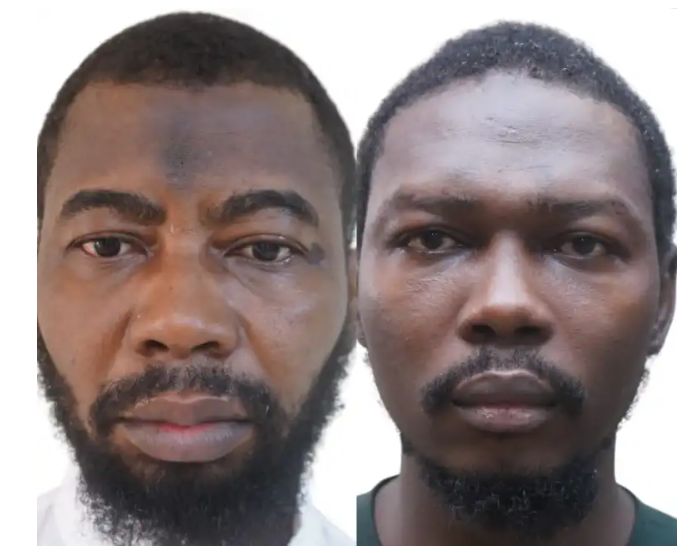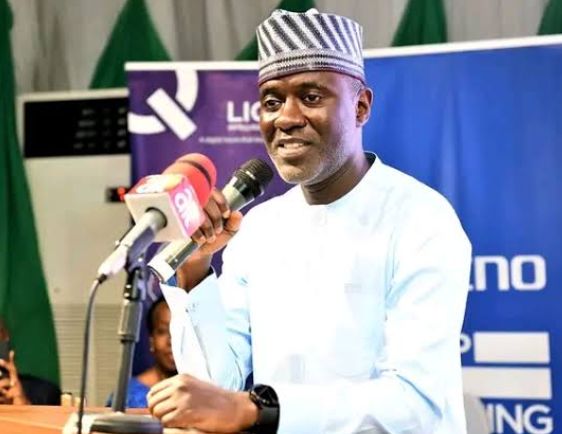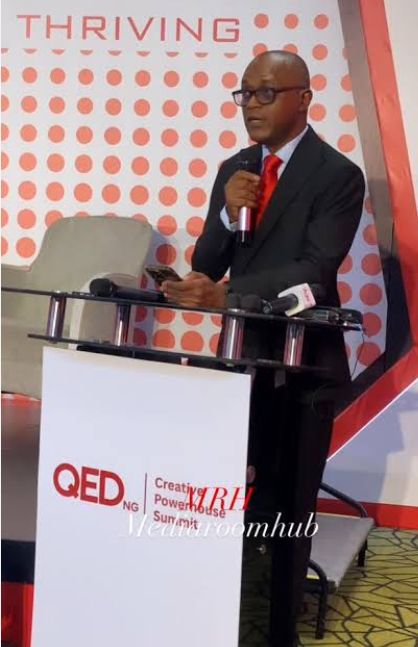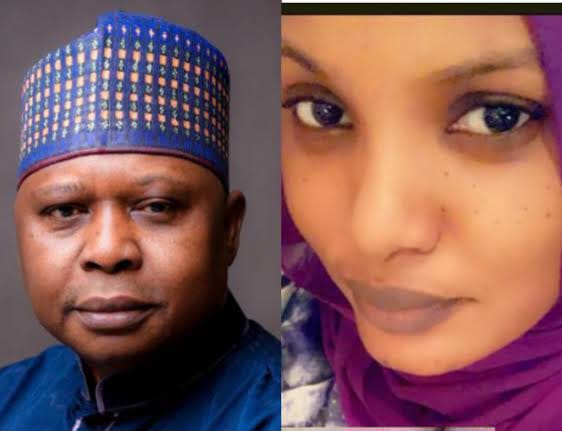Muslim Hajj Commission Vows To Maintain Integrity, Amidst EFCC’s Probe Of N50 Billion Alleged Financial Mishaps

The Muslims’ National Hajj Commission of Nigeria (NAHCON) has vowed to maintain financial and regulatory integrity in the conduct of annual Hajj operations to and from the Holy land of Macca in Saudi Arabia.
This is coming in the middle of the inquest being conducted by the Economic and Financial Crime Commission (EFCC) on alleged N50 Billion financial shady deal in the Commission.
In a statement today, August 19, the NAHCON spokesperson, Hajiya Fatima Sanda Usara said that as a public institution established by law, the Commission remains dedicated to its functions with the highest sense of responsibility, honesty, accountability, and a zeal to deliver efficient services.
Referring to what she called “certain media publications making various comments regarding the Commission, its operations and unverified allegations yet,” Hajiya Fatima Sanda Usara, said that the Commission would keep to its mandate to serving Nigerian pilgrims and the nation well.
“The Commission wishes to reaffirm that, as a responsible organisation, NAHCON maintains an open and ongoing relationship with all relevant government agencies, including anti-corruption and regulatory bodies. “This cooperation is a standing principle of the Commission’s operations and its belief in due process and the rule of law. “The Commission would not shield any staff or process found wanting.
“However, the Commission respectfully urges the public and especially the media to exercise restraint on speculations and allow the appropriate authorities to conclude their work in accordance with established procedures without subjecting perhaps innocent persons to indignity through media trials.We are confident that whatever the truth is, it will emerge through the appropriate channels.
“The Commission remains focused on post-Hajj evaluations, addressing operational challenges, and strengthening measures to ensure even better service delivery in future Hajj operations.”
An online newspaper (not Greenbarge Reporters online newspaper) had come up with the news of EFCC’s probe of the alleged N50 Billion financial misappropriation, and detention of some top operatives of the Commission.
The online newspaper alleged that the EFCC had interrogated senior NAHCON officials, including Abdulmalik Diggi, Deputy Director (Accounts) and Special Adviser (General Services) to the Chairman/CEO; Sirajo Usman Salisu, Deputy Director in the Chairman’s Office; and Barrister Nura Danladi, the commission’s Legal Adviser.
It said that EFCC is currently probing alleged financial misconduct involving more than ₦50 billion under the leadership of Professor Abdullahi Saleh Usman, popularly known as “Pakistan.”
Pakistan, who oversaw only the 2025 Hajj exercise, is facing allegations of massive financial misconduct, including the alleged squandering of ₦25 billion on Masha’ir tents, ₦1.6 billion on spouses, and ₦7.9 billion on contingency houses in Makkah.
He is also accused of authorizing extra-budgetary expenditure exceeding presidential approval, with funds reportedly diverted to cover expenses for NAHCON officials, stakeholders, and their spouses, amounting to an additional ₦25 billion.
The EFCC) is said to have detained the Commission’s Commissioner of Policy, Personnel, and Finance (PPMF) Aliu Abdulrazak, over alleged fraud alongside the Director of Finance and Accounts (DFA), Aminu Y. Muhammed.
Both officials reportedly honoured an invitation to the EFCC headquarters yesterday, August 18, and were thrown into detention.
The development comes on the heels of mounting allegations of mismanagement in the conduct of the 2025 Hajj, which the Forum of Chief Executives of State Muslim Pilgrims Welfare Boards/Agencies/Commissions recently described as “a total failure” under NAHCON Chairman, Professor Abdullahi Saleh Usman (popularly known as Professor Pakistan).
In a review meeting with the commission in Abuja last week, the forum raised 16 issues, with seven directly linked to corruption and financial infractions, now being probed by the EFCC.
Insiders disclosed that Abdulrazak and Muhammed are also under investigation for their alleged involvement in another case of fund diversion dating back to the tenure of former chairman, Ahmad Jalal Arabi.
Some stakeholders and staff of the Hajj Commission, who spoke on condition of anonymity, said the detained commissioner and the DFA should be immediately suspended to ensure transparency.
“President Bola Tinubu should act quickly by disbanding the current NAHCON leadership and appoint a sole administrator with Hajj operational and administrative experiences to put the commission back in order,” one of them said.
The NAHCON staff, however, welcomed the development, commending the EFCC for its bold efforts to restore the commission’s lost glory by tackling corruption in all its forms.
Stakeholders further urged the EFCC to carry out a comprehensive investigation and prosecution that would not only guarantee the recovery of misappropriated funds but also ensure that indicted officials are held accountable under the law.
It was gathered that former chairmen, Zikirullah Kunle Hassan and Ahmad Jalal Arabi, were earlier granted bail by the EFCC after facing investigation. Similarly, the immediate past Commissioner of Policy, Personnel and Finance, Nura Yakasai, was interrogated and later released on bail.











